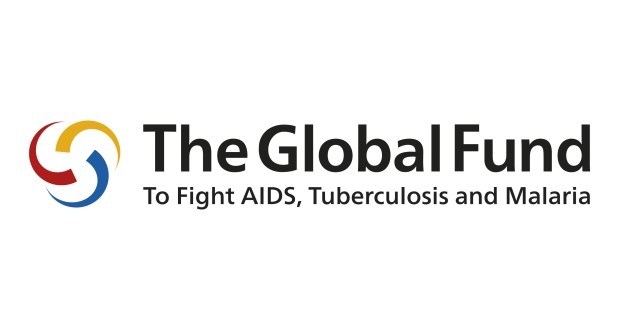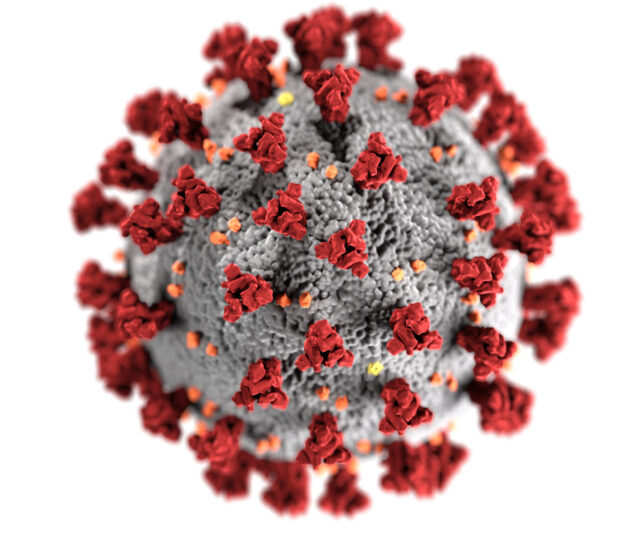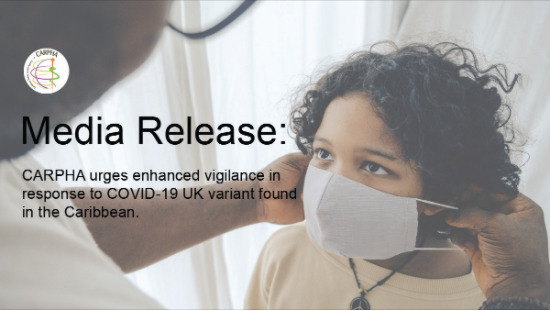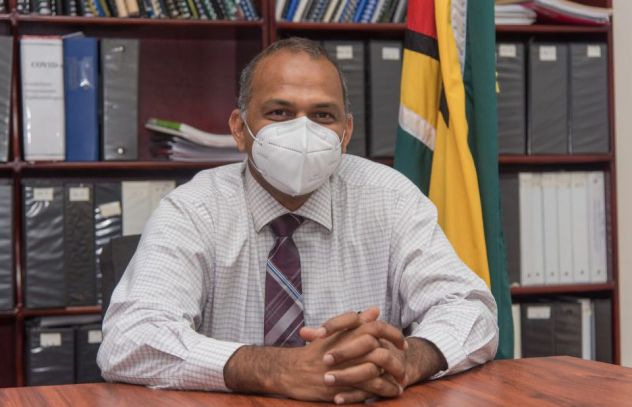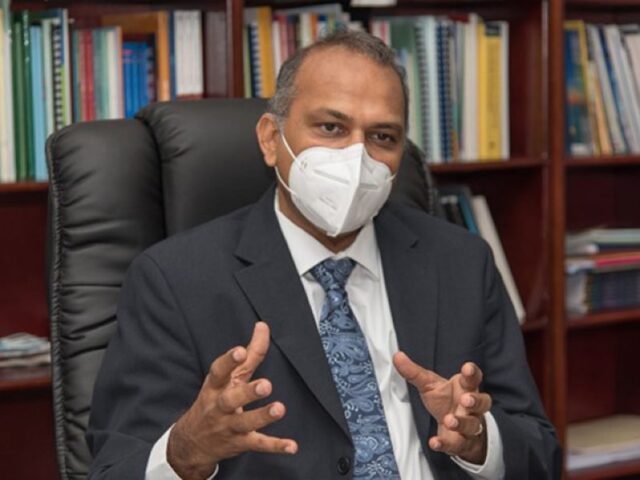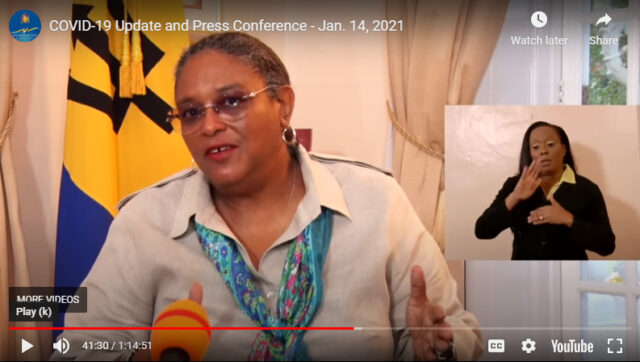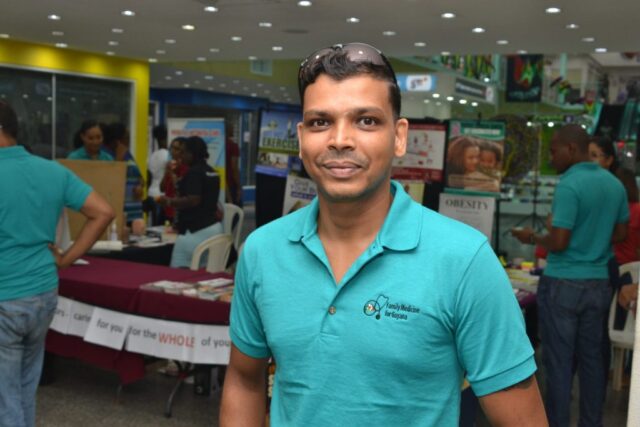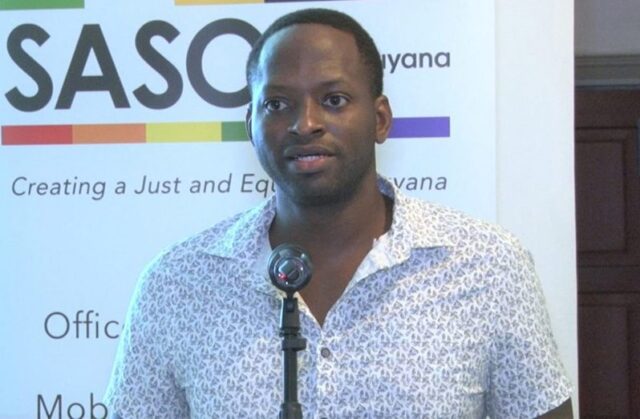Key takeaways:
- The Global Fund needs additional funding to continue supporting the coronavirus disease 2019 (COVID-19) response and mitigate the impact of the pandemic on HIV, tuberculosis, and malaria programs in the countries where it invests.
- After deploying all available COVID-19 funds, nearly $1 billion in total, most of it to sub-Saharan African countries, it has run out of funding. Without this support, implementer countries risk facing significant disruptions to their three disease programs while COVID-19 cases continue to rise.
The Global Fund has disbursed close to $1 billion to support the COVID-19 response and mitigate the impact of the pandemic on HIV, Tuberculosis (TB), and Malaria programs. The institution recently announced that it had fully deployed all the funds to 106 countries and more than ten multi-country programs. However, it still has to honor country requests amounting to over $355 million, which is likely to increase as more countries submit their requests.
The Global Fund is yet to raise an additional $5 billion to continue supporting these countries. Without the additional resources required to safeguard the three disease programs amid rising COVID-19 cases, countries are likely to face more disruptions to health service delivery and lose the gains made in the response to the three diseases.
Of the $1 billion, $500 million was raised through portfolio optimization and made available through the COVID-19 Response Mechanism (C19RM), $221 million was made available through grant flexibilities, and an additional $259 million was received from donors (Canada, Denmark, Germany, Italy, Sweden, Norway, and the FIFA Foundation) and channelled through the C19RM.
This funding has supported these countries to mitigate damage to HIV, TB, and Malaria programs due to COVID-19, recruit healthcare workers, equip them with personal protective equipment (PPE) and strengthen fragile health systems.
Information for this article comes from the Global Fund Data Service Page, the World Health Organization (WHO) COVID-19 Explorer, and the Global Fund Secretariat.
Global Fund fully deploys its COVID-19 funding
The Global Fund has disbursed $979 million, of which $757 million is through the C19RM and $221 through grant flexibilities (Table 1), respectively. Of the 119 countries and multi-country programs that benefited, 48 countries in sub-Saharan Africa received 74 percent ($725 million) of COVID-19 funding. They received 79 percent of the C19RM funds and 56 percent of the total amount of funding awarded through grant flexibilities. Sub-Saharan African countries that received a significant portion of funding include Nigeria ($73 million), South Africa ($65 million), Mozambique ($63 million), and Uganda ($62 million). Eastern Europe and Central Asia (EECA), Latin America and the Caribbean (LAC), and North Africa and the Middle East (MENA) each received the smallest proportion (3 percent) of the funding.
Countries only accessed $221 million of the $500 million allowable through grant flexibilities. A previous Aidspan analysis showed a slower uptake of grant flexibilities than C19RM funds (as discussed in a previous edition, the Global Fund’s COVID-19 emergency funding is running out). It attributed the slower uptake to challenges in the application process, or to countries having already used up most of their savings.
The Global Fund had allowed countries to use grant savings to the value of 5 percent and reprogram up to 5 percent of the grant’s current value. However, most countries obtained these funds through grant savings rather than reprogramming, in a bid to ‘protect their programs.’ The Aidspan analysis indicated that more than half of the countries received between 2 and 4 percent of their total grant value.
The countries used a third of the funding awarded through the C19RM to mitigate the pandemic’s impact on the three diseases (Table 1). These efforts aimed to address COVID-19 related disruptions to delivering health services and avert the millions of deaths predicted due to the pandemic. More than half (55 percent) of the funds were used to support the COVID-19 response, particularly in the procurement of COVID-19 diagnostic tests, while the remaining 11 percent was used to support health and community systems.
Similarly, countries have used 59 percent of the grant flexibilities to reinforce the COVID-19 response, 32 percent in mitigating its impact on the three diseases, and the remaining 9 percent on health and community systems.

Source: Global Fund COVID-19 Situation Report, 13 January 2021
Countries have used the funds according to their needs. For instance, Moldova used part of the funds to procure 5 000 HIV and TB testing kits, PPE for health workers, and expand video-observed therapy for TB patients, which is a video-based approach to Direct Observed Therapy (DOT). South Africa used part of the funds to create virtual platforms to expand psychosocial support or counseling to sex workers and deliver packages of PPE, condoms and lubricants and HIV self-test kits to street- and brothel-based sex workers.
The funds have also supported door-to-door services such as TB testing, contact tracing, and mosquito net distribution in Vanuatu, and antiretroviral therapy and health services to mothers with HIV and pregnant women in Uganda. A local HIV community network in Ukraine has used part of the funds to deliver antiretroviral therapy and other medicines to people living with HIV via the postal service.
Countries have also leveraged laboratory infrastructure, notably Cepheid’s GeneXpert molecular diagnostic devices and the technicians trained to operate them, initially designed for HIV and TB services. However, this has raised concerns in various quarters on the effect this has had on HIV and TB services.
COVID-19 resource needs for implementer countries continue to rise
The pandemic among some Global Fund implementer countries, particularly in the African region, has been growing in recent months. Of the 106 countries that benefited from the Global Fund’s emergency funding, more than half (61 countries) experienced a rise in the number of cases from the preceding week, as reported by the WHO on 12 January 2021. Sierra Leone reported the largest increase: 2 109 percent, although the caseload remains low (2 834 cases as of 12 January 2021). The number of cases in other countries grew by between 1 percent in Panama and 494 percent in Côte d’Ivoire, with Sierra Leone reporting an exceptional increase.
The majority of the remaining countries reported a decline, while only a few reported no change.
Figure 1: Percentage change in the weekly number of cases, top 15 countries (as reported on 12 January)

Source: WHO COVID-19 Explorer
However, there are still fears that the actual caseload may be higher than the current statistics reported due to low testing availability. BBC estimates that in Africa, which has the lowest testing rate compared to other regions, only 10 countries account for 70 percent of the total tests: South Africa, Morocco, Ethiopia, Egypt, Kenya, Nigeria, Cameroon, Rwanda, Uganda, and Ghana.
The absence of additional funding leaves the programs vulnerable
This rise in the number of cases and lack of adequate resources to mitigate the pandemic’s effect is likely to further disrupt the delivery of health services in these countries. Indeed, implementer countries are still experiencing significant disruptions to health services, with TB services being the most affected. Furthermore, the rise in cases increases the need for restrictions, including nationwide lockdowns, which are significant barriers to access health services. According to the COVID-19 Situation Report published on 23 December 2020, 36 percent of countries where the Global Fund invests still had nationwide lockdowns on 15 December 2020. Other countries (25 percent) had local restrictions that affected the implementation of Global Fund grants.
The Global Fund intensifies resource mobilization efforts
The need for additional funding for the Global Fund to continue supporting its implementer countries cannot be emphasized enough. In an email to the Global Fund Observer, the Secretariat noted that it is intensifying resource mobilization efforts to raise the additional $5 billion it needs to continue supporting its implementer countries. In the meantime, it has asked countries to continue submitting funding requests to the C19RM, so their requests are ready once additional funds become available. Countries can still use grant flexibilities to support their COVID-19 response. However, the Secretariat further explained that most countries appear to have already exhausted this mechanism.
Countries with new grants starting in January 2021 have some respite. The Global Fund has allowed countries to use standard allocations to procure PPE for health workers working within the three disease programs, which they can procure through the online platform wambo.org. Overall, the countries should adopt more efficient and innovative ways of using the funds available. This includes the adoption of digital modalities that have become common since the emergence of the pandemic.
Global COVID-19 response remains underfunded
The global COVID-19 response has been grossly underfunded as traditional global health donors prioritize their domestic responses. The $5 billion the Global Fund intends to raise is part of the overall financing needed by the Access to COVID-19 Tools Accelerator (ACT-Accelerator), of which the Global Fund is a co-founder. Overall, the ACT-Accelerator, launched in April 2020, has only attracted 15 percent ($5.8 billion) of the $38 billion needed to accelerate development, production, and equitable access to COVID-19 tests, treatments, and vaccines.
The Global Fund welcomes the United States’ recent commitment to support the international COVID-19 response and mitigate the impact of the virus on the world. Advocates are calling for the United States government to allocate $4 billion to the Global Fund’s COVID-19 response in the next COVID-19 emergency supplemental bill. Similar calls in the past have been unsuccessful. However, the United States’ $4 billion allocation to Gavi, the Vaccine Alliance, in the December supplemental bill, for the procurement and delivery of the COVID-19 vaccine, provides a glimmer of hope.
Even though the Global Fund is not directly involved in the rollout of the COVID-19 vaccine, the Secretariat explained to the Global Fund Observer that additional funds would help to support the rollout of the COVID-19 vaccine by providing PPE to health workers, mobilizing community leadership, and strengthening the health facilities, supply chains and data systems that will be critical for the vaccine distribution.
Further reading:

